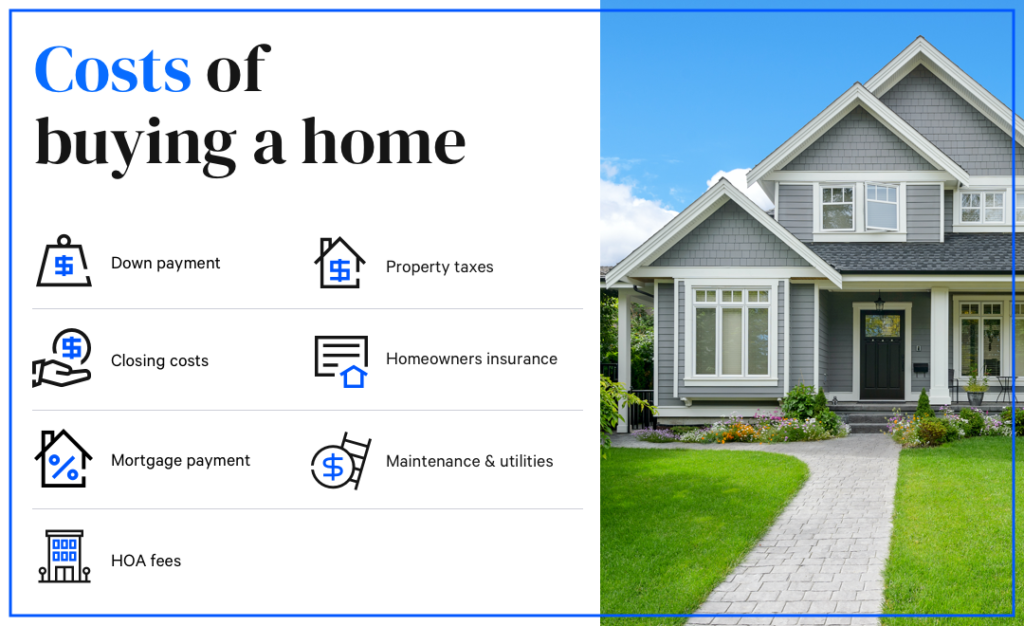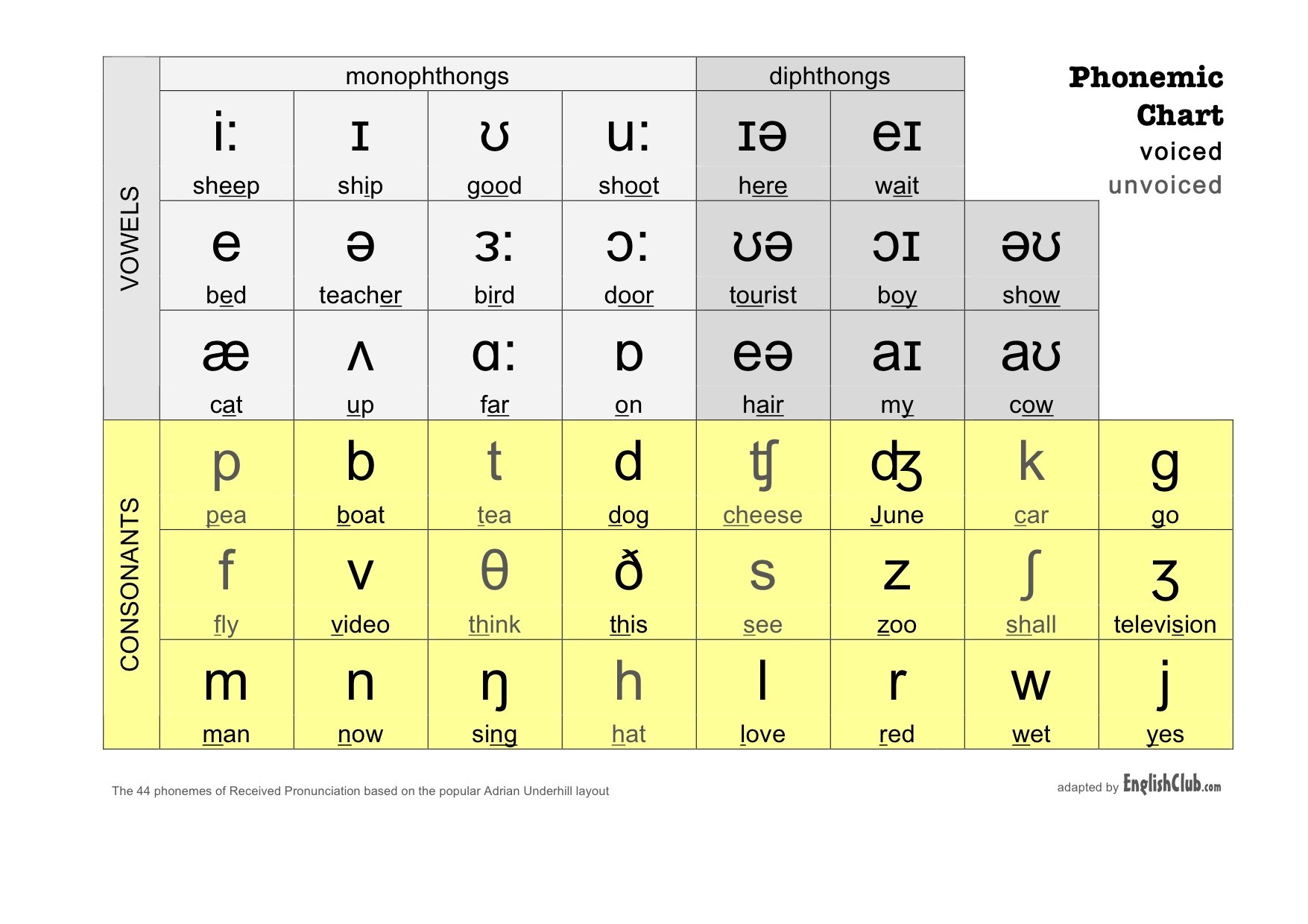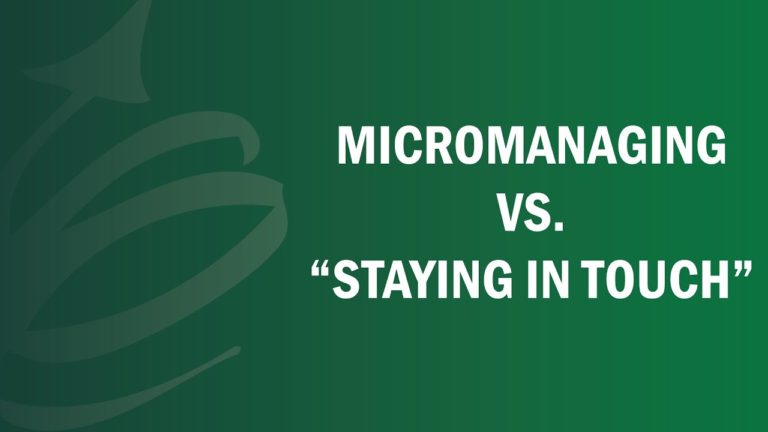
Warm up
—- * * FOR NEW STUDENTS ** ————————————— ————
- What industry do you work in and what is your role?
- What are your responses in your role / position?
- Can you describe to the function of your workplace / company?
- How many departments, how many offices. National or International?
- What are the minimum requirements for employment ie Education or Experience?
- How many opportunities are there to ‘move up the ladder’?
- What is the process for changing job roles ie Interview? Test?
————————————————– —— ——————————————————
- Current projects? Deadlines? Opportunities?
- Anything of interest happening?
————————————————————————————————————
1. ・From 1975 to the start of 2022 the Housing Price Index has increased by over 860%.
・On average, home buyers who had bought at the beginning of the 2007 recession lost 15.96% over the next five years, but still made money over 10 years.
2. ・Home buyers who purchased a property at the beginning of the pandemic have seen an average increase of almost 30% in the value of their homes.
・Saving for a down payment can be a long and difficult process, but using inflation protected investments and hedging strategies can help speed the process along.
3. Buying a house is a major priority for many people and is generally one of the biggest long term goals for investors who haven’t yet managed to get on the property ladder. It’s an admirable goal and can provide long term security and stability. But buying your first house is tough.

Do you prefer to rent or buy property? What are the pros and cons?
4. To start with, there’s the issue of the down payment. Saving a regular monthly amount on top of existing rent, groceries, bills, healthcare and all the other costs of living is a tall order, and it can take years to get enough cash together.
5. The problem is compounded by the fact that house prices are often rising at the same time. It can mean that the 5% down payment amount that is typical for first time buyers can be a constant moving target. 5% of a house worth $250,000 is $12,500 but if the price of that property goes up to $300,000 then it means savers need to get together a further $2,500 to meet the 5%.
6. The second concern for first time buyers is getting the timing right. For most people, buying a property is the largest purchase they make in their lifetime. Paying through the nose or getting a great deal can make a massive difference to their financial future, so it can be nerve-wracking wondering whether the timing is right.

Do you think the pandemic has had an impact on property prices in Japan?
7. All of these issues are compounded when the word ‘recession’ starts to get thrown around. It can make first time buyers nervous about their job security, their investment portfolios and the direction of the housing market.
8. In the short term, we don’t know for sure what the future holds for real estate or for the economy as a whole, but we can look to the past to give us some guidance on how these issues have played out before.
9. Let’s have a look at how the property market has responded to previous recessions, what this means for buyers and finally, some innovative ways to use AI to save for a down payment without taking big risks with your cash.





